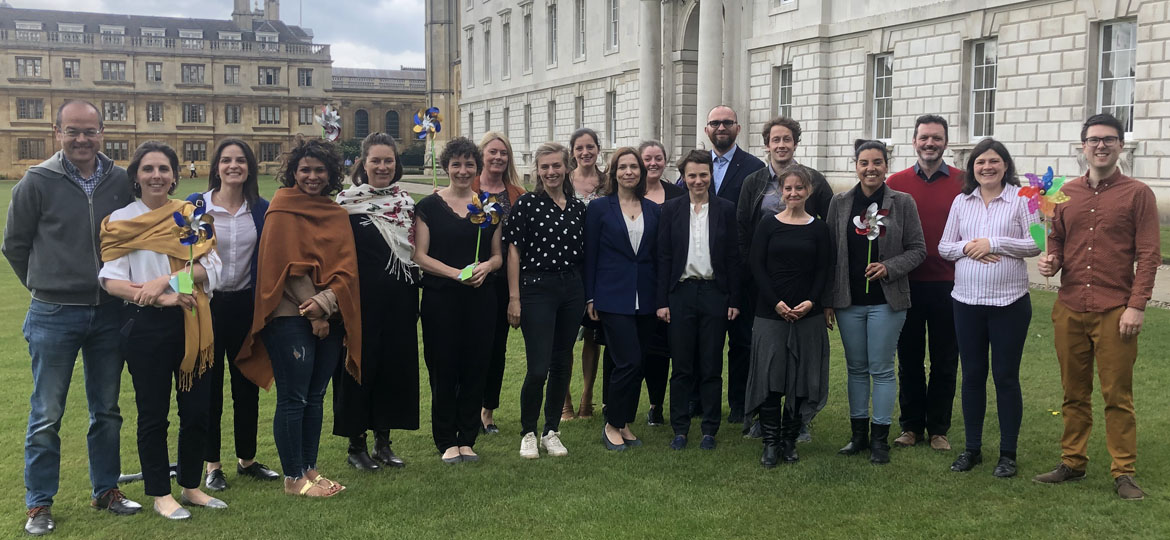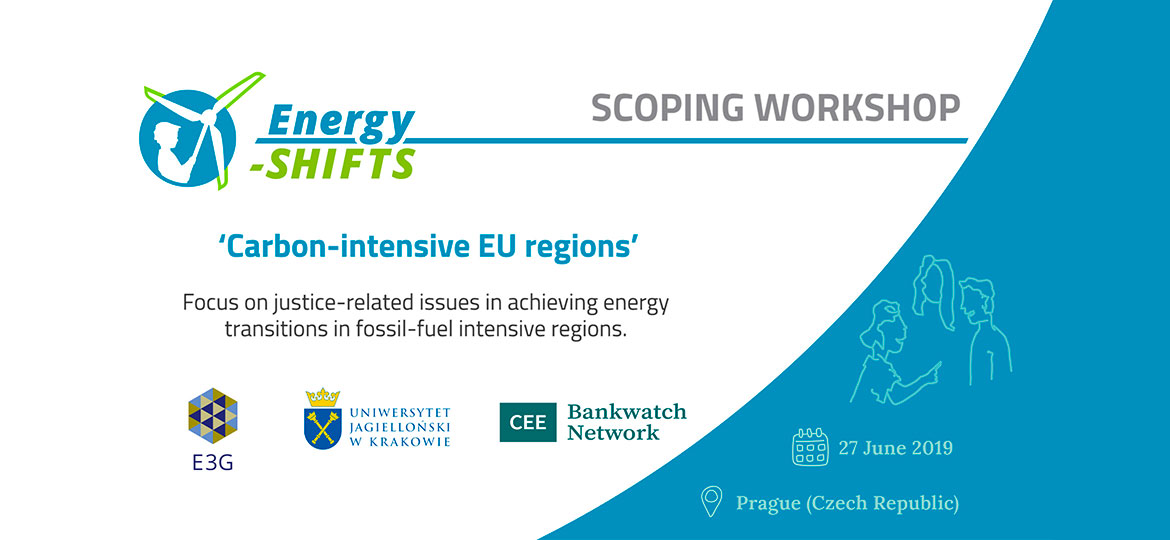An exciting new project called Energy-SHIFTS launched on the 24th and 25th of April in Cambridge, UK. This project is a €1m investment through the EU’s Horizon 2020 programme, aiming to bring much-needed expertise from the Social Sciences and Humanities (SSH) into European energy policy-making.
Energy-SHIFTS also aims to be one of the most inclusive energy-related European projects, involving more than 10,000 stakeholders in tackling questions like: What would a just and sustainable energy system look like? What kinds of social, economic and technical change do we need to get us there? And how can, and should, evidence from the Social Sciences and Humanities guide and inform these transitions?
These goals will be achieved through building an inclusive forum where researchers, policy-workers, citizens, companies, NGOs and media will share knowledge on energy issues. This will help develop new relationships, enhance dialogue, and ensure rarely-heard perspectives gain a voice within all stages of the policy process; from design through to implementation.
The Energy-SHIFTS Consortium is composed of seven institutions, including academics, policy-workers, practitioners and media experts from across the energy field.
The institutions are based in six EU countries and are the following: Anglia Ruskin University (United Kingdom); Dutch Research Institute for Transitions (DRIFT) (The Netherlands); European Energy Research Alliance (EERA) (Belgium); Acento Comunicación (Spain); Jagiellonian University (Poland); Norwegian University of Science and Technology (NTNU) (Norway) and E3G (Belgium).
Kick-off Energy-SHIFTS Consortium meeting
The Consortium members met in April 2019 in Cambridge to discuss their Energy-SHIFTS objectives and plans. The first day began with a virtual welcome from Gerd Schönwälder (EC DG for Research & Innovation), the Energy-SHIFTS project officer. Mr. Schönwälder highlighted the project’s important role in supporting the mainstreaming of SSH evidence across EU energy policy-making, where, despite some progress, much remains to be done.
Mr. Schönwälder also noted that the project comes at an especially important time (with the Horizon 2020 funding programme soon to be replaced by Horizon Europe) and explained how Energy-SHIFTS will be valuable in strengthening the role of SSH within a more integrated and challenge-focused approach to research.
Energy-SHIFTS’ activities will include, among others: scoping workshops around EU energy priority issues, masterclasses, online citizen debates, accessible guides to energy-SSH in EU policy, public databases of key individuals and a pan-European conference bringing together 130 stakeholders.
Energy-SHIFTS will work with diverse actors across sectors and disciplines to facilitate collaborative knowledge generation and SSH-led debate on the key energy challenges our society is facing. In this way, it will foster innovation not just in a technical sense, but in how energy policy engages with critical social issues.







